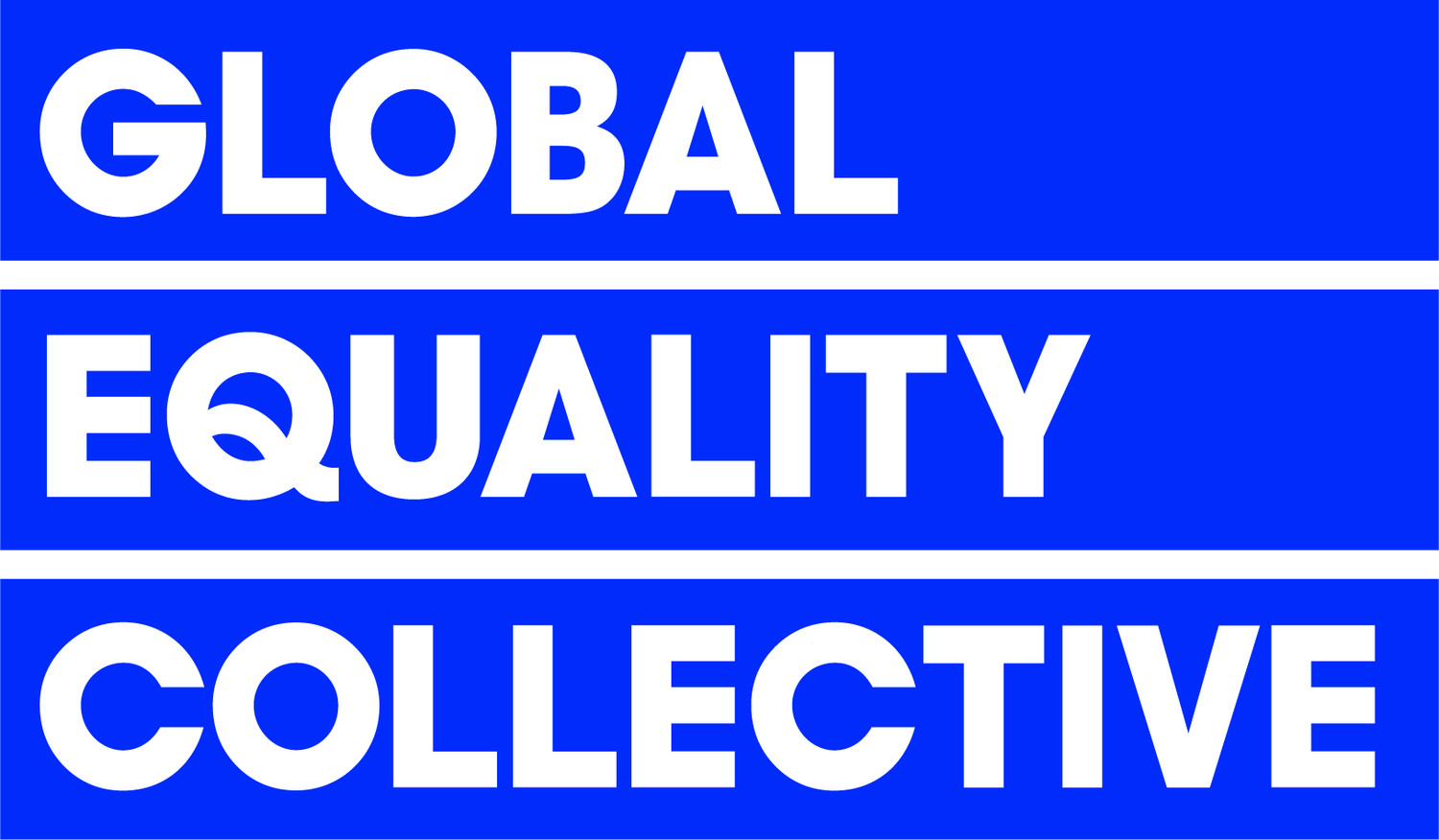GEC Inclusion Index - Staff - Key Behavioural Area 8
Harassment and Discrimination
“I have experienced harassment, victimisation and/or discrimination.”
18.2% agree
⬇ Worsening concern
So what?
18.2% may sound like a minority — but in any school or trust, that number translates to real people, real pain, and real risk. And when it comes to inclusion, one instance is too many.
These staff aren’t reporting performance-based feedback or professional disagreement — they’re talking about harassment or discrimination based on race, disability, gender, sexual orientation, religion, or other protected characteristics.
The qualitative responses were honest, direct, and distressing:
“I’ve been told I’m too aggressive — but all I did was disagree.”
“A student called me a slur. SLT told me to ‘not make it worse.’ ”
“Colleagues still make jokes about my religion. I laugh it off, but it hurts.”
📊 Our Kaleidoscopic Data shows that Black staff were significantly overrepresented in this category, followed by:
Asian colleagues
Disabled and neurodivergent staff
LGBTQIA+ staff
Many shared experiences of microaggressions, stereotyping, and outright hostility — but perhaps even more damaging was the lack of response when they reported it:
“When I reported racism, it became about how I was being ‘too sensitive.’ I stopped reporting.”
“I left my last school because of it. I’m watching to see if it happens here too.”
The psychological toll is immense: isolation, hypervigilance, fear of speaking up, and the quiet decision to exit the profession.
The GEC Platform: Proven Solution
The GEC Platform surfaces the invisible impact of harassment and discrimination across your setting. It doesn’t just record incidents — it highlights culture, perception, and trust in systems.
📊 Key Findings from 26,000 Voices:
18.2% of staff experienced discrimination or harassment related to their identity
Black, Asian, disabled, LGBTQIA+, and neurodivergent staff were most affected
Reporting systems were widely viewed as unsafe or ineffective
💬 In Their Words:
“The GEC Platform has given us meaningful insight into the perception of EDI across our trust and provided us with a fantastic opportunity to support our employees and deliver a more inclusive and diverse environment for our staff and students to flourish.” — Priory Learning Trust
🎯 Why It Works:
The GEC Platform helps schools:
Track lived experiences by identity, role, and setting
Spot patterns of harm and silence
Create evidence-based action plans
Align EDI with safeguarding, behaviour, and staff development systems
Because you can’t tackle what you can’t see. And you can’t fix what you’re afraid to name.
What’s going wrong?
Many staff flagged the absence of safe, fair reporting systems. HR processes were often described as reactive or performative, and complaints were seen to come at a cost:
Reports not taken seriously
Fear of retaliation
No restorative or justice-based processes
Silence from senior leadership
But there were hopeful outliers — schools where leaders stepped up and used their voice to shift the culture:
“Someone in leadership actually called it out in a meeting. That’s the first time I’ve seen that.”
Next Steps & Free Stuff
Supporting the wider curriculum can feel like a heavy lift — especially with an inclusion lens added in. That’s why the GEC Circle is here to help.
From artists, athletes, and tech leaders to grassroots youth orgs and inclusion specialists, the most innovative and inclusive changemakers are in our network — ready to inspire your next wider curriculum adventure.
👥 Explore the GEC Circle:
🔗 Meet the People
📌 Check out offers, ideas, and creative partnerships on our GEC Pinboard:
🔗 GEC Pinboard
📊 Use the GEC Score Card to see where your wider curriculum hits the mark — and where it could go even further.






